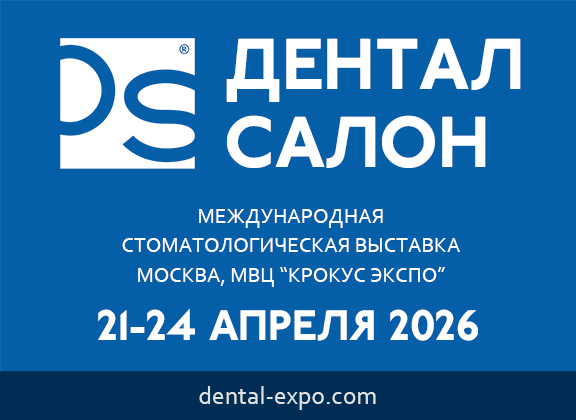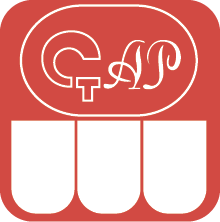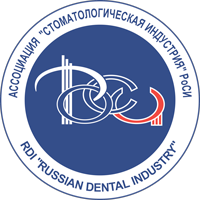DOI:
10.37988/1811-153X_2018_3_58Comparative analysis and justification of the choice of experimental models used in the study of osseointegration of dental implants
Downloads
Abstract
We conducted a scientific study to compare the analysis of the experimental models used in the study of osseointegration of dental implants. Assess the possibility of participation of different animal species in the experimental part of the study of the process of osseointegration of dental implants. When planning an experiment related to the study of osseointegration of dental implants, the following criteria should be considered: the size, the possibility of surgical access, the possibility of installing the test sample, the localization for installation, the financial cost of the study, bioethical aspects. The experimental model using small cattle (sheep, sheep) best provides the necessary conditions for conducting osseointegration studies of various systems of dental implants, including TSIII SA and TSIII CA Osstem Implant systems. To select the optimal installation area for the test samples, X-ray studies, including CBCT and segmental crucibles, can be used.Key words:
osseointegration, dental implants, experimental modelFor Citation
[1]
Khvostov S.N., Poroysky S.V., Mikhalchenko D.V., Yarygina E.N., Zhidovinov A.V. Comparative analysis and justification of the choice of experimental models used in the study of osseointegration of dental implants. Clinical Dentistry (Russia). 2018; 3 (87): 58—62. DOI: 10.37988/1811-153X_2018_3_58
References
- Ашуев Ж.А., Кулаков А.А., Капанадзе Г.Д. Использование мини-свиней в экспериментальной имплантологии. - Биомедицина. - 2007; 6: 81-8.
- Михальченко Д.В., Бадрак Е.Ю., Михальченко А.В., Ярыгина Е.Н. Внутренний интерфейс дентального имплантата как очаг хронической инфекции. - Медицинский вестник Северного Кавказа. - 2015; 10 (3): 307-9.
- Михальченко В.Ф., Михальченко Д.В., Порошин А.В. Способ улучшения процесса остеоинтеграции дентального имплантата. - Волгоградский научно-медицинский журнал. - 2014; 3 (43): 46-9.
- Сирак С.В., Слетов А.А., Мартиросян А.К., Ибрагимов И.М., Перикова М.Г. Использование пористого титана для субантральной аугментации кости при дентальной имплантации (экспериментальное исследование). - Медицинский вестник Северного Кавказа. - 2013; 8 (3): 42-4.
- Brånemark P.I., Adell R., Breine U., Hansson B.O., Lindström J., Ohlsson A. Intra-osseous anchorage of dental prostheses. I. Experimental studies. - Scand J Plast Reconstr Surg. - 1969; 3 (2): 81-100.DOI: https://dx.doi.org/10.3109/02844316909036699
- Pearce A.I., Richards R., Milz S., Schneider E. Animal models for implant biomaterial research in bone: a review. - Eur Cell Mater. - 2007; 13: 1-10.
- Pellegrini G., Seol Y.G., GruberR., Giannobili W.V. Pre-clinical models for oral and periodontal reconstructive therapies. - J Dent Res. - 2009; 88 (12): 1065-76.
- Voigt J., Borysiewicz L. Uniting research into human and animal health. - Vet Rec. - 2010; 166 (13): 406-7.
Downloads
Published on
September 1, 2018










